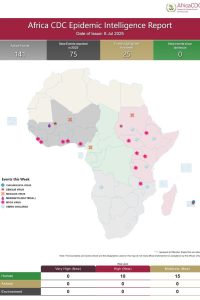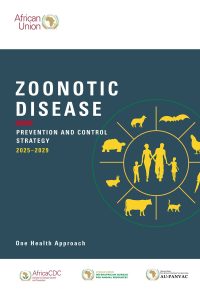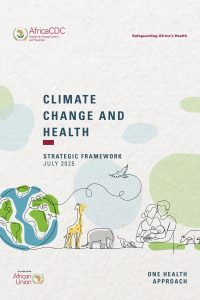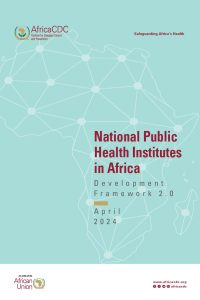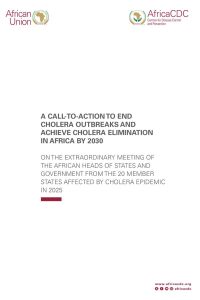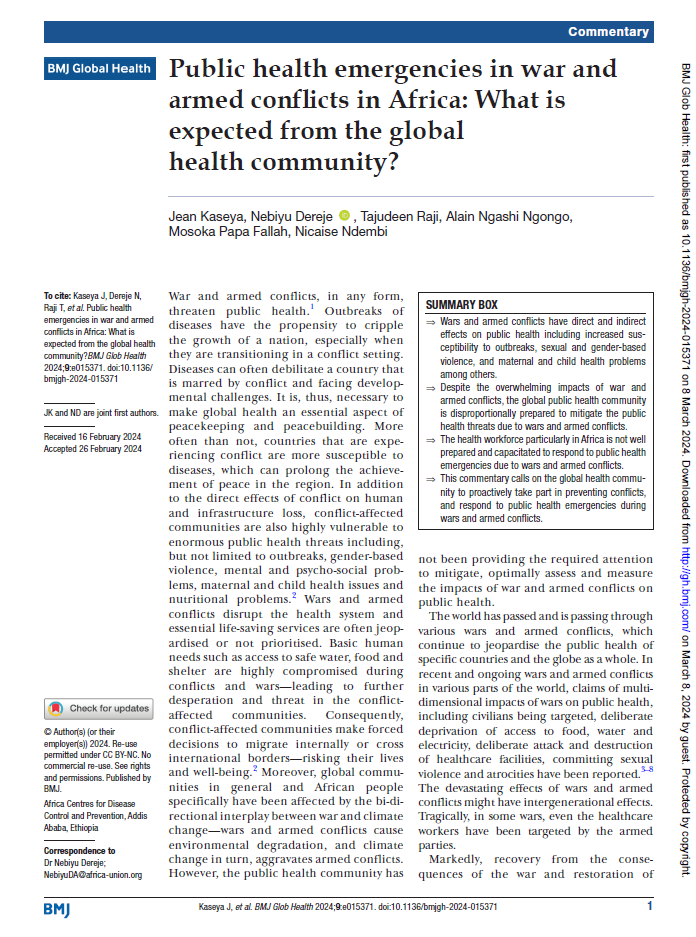
- Version
- Download 1378
- File Size 209.81 KB
- File Count 1
- Create Date 12 March 2024
- Last Updated 12 March 2024
Public health emergencies in war and armed conflicts in Africa: What is expected from the global health community?
War and armed conflicts, in any form, threaten public health. Outbreaks of diseases have the propensity to cripple the growth of a nation, especially when they are transitioning in a conflict setting.
Diseases can often debilitate a country that is marred by conflict and facing developmental challenges. It is, thus, necessary to make global health an essential aspect of peacekeeping and peacebuilding. More often than not, countries that are experiencing conflict are more susceptible to diseases, which can prolong the achievement of peace in the region. In addition to the direct effects of conflict on human and infrastructure loss, conflict-affected communities are also highly vulnerable to enormous public health threats including, but not limited to outbreaks, gender-based violence, mental and psycho-social problems, maternal and child health issues and nutritional problems.2 Wars and armed conflicts disrupt the health system and essential life-saving services are often jeopardised or not prioritised. Basic human needs such as access to safe water, food and shelter are highly compromised during conflicts and wars—leading to further desperation and threat in the conflict-affected communities. Consequently, conflict-affected communities make forced decisions to migrate internally or cross international borders—risking their lives and well-being.
Moreover, global communities in general and African people specifically have been affected by the bi-directional interplay between war and climate change—wars and armed conflicts cause environmental degradation, and climate change in turn, aggravates armed conflicts.
Attached Files
| File | Action |
|---|---|
| Public health emergencies in war and armed conflicts in Africa: What is expected from the global health community? | Download |

